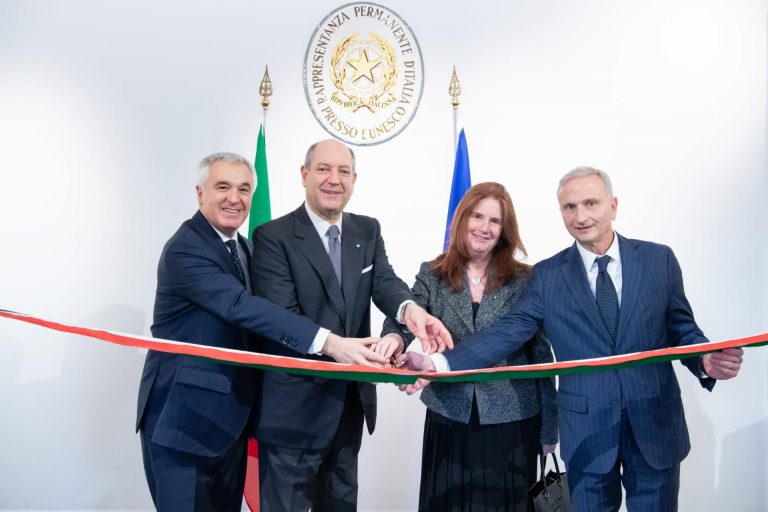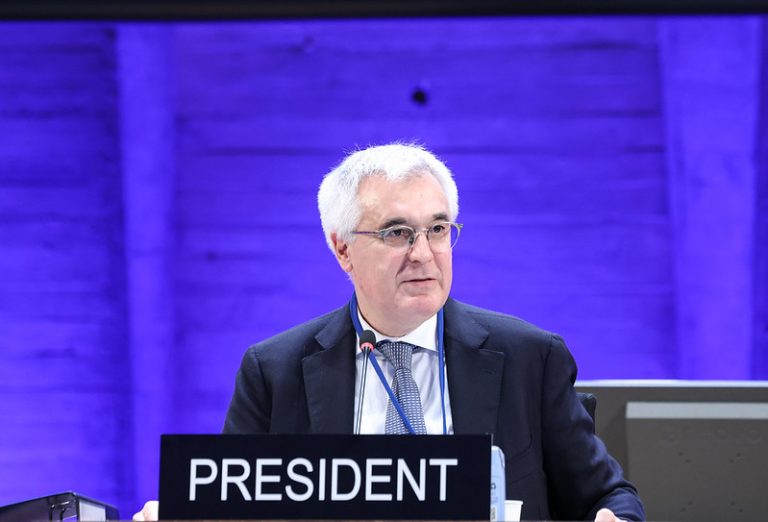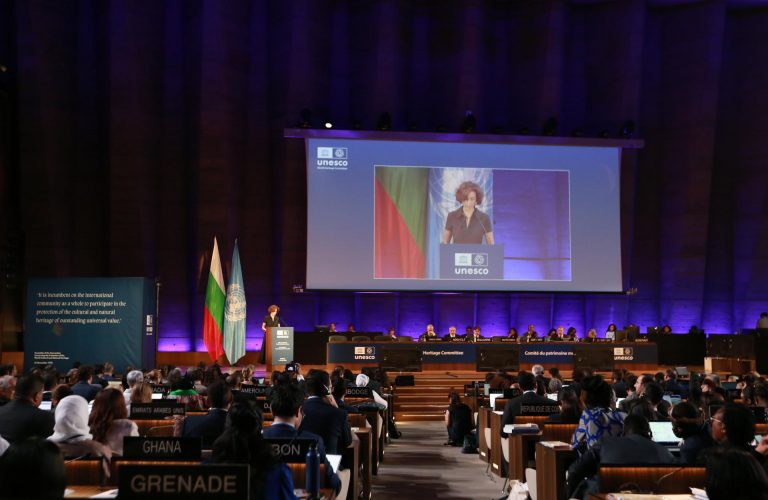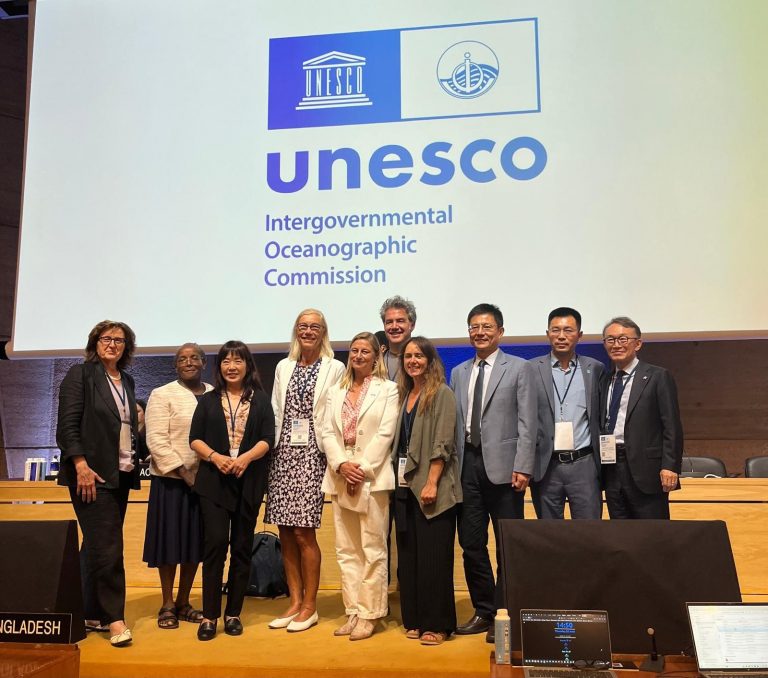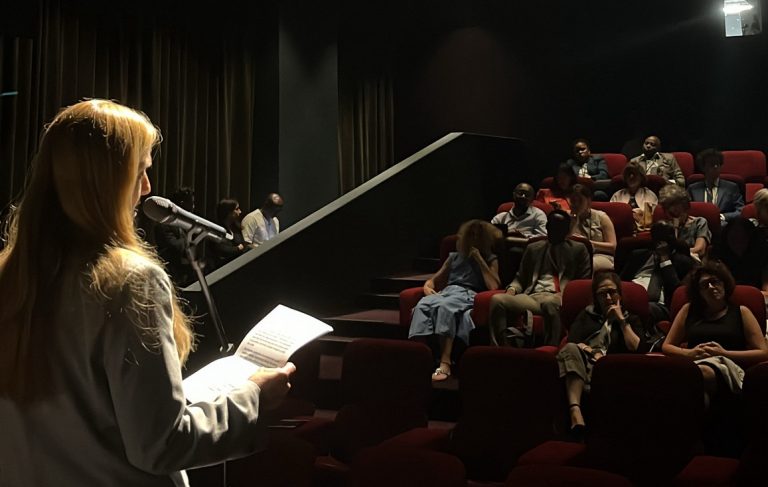This initiative, which was promoted by Italy at UNESCO, goes beyond the traditional concept of « museum ».
In the framework of the International Hydrology Programme (IHP), Italy has proposed the creation of a Global Network of Water Museums under the auspices of UNESCO. As of today, 60 museums all around the globe have been created, with a potential exposure scope of 5 million people.
This initiative was launched in 2017, thanks to the collaboration between the Ca’ Foscari University in Venice, the « Centro Civiltà dell’Acqua » NGO, the UNESCO regional office for science and culture in Venice and the Italian Permanent Delegation at UNESCO. It was welcomed by numerous countries wishing to increase their « water awareness » in order to ensure a sustainable future for the new generations, in line with the objectives of the UN Sustainable Development Agenda.
As stressed by Ambassador Vincenza Lomonaco during her presentation to the IHP Council, Water Museums are places to highlight the unique water resources of each country – a culture and knowledge heritage which in Italy ranges from Etruscans to Romans, from the Middle Ages to today. This set of knowledge is a key resource for the international community to tackle today’s water resources issues.
Now also in the « water culture » domain, Italy confirms its leadership in tangible and intangible heritage protection and transmission to future generations. Italy’s Network is now composed of 11 cities, which will soon be rejoined by several cities with a rich historical water heritage : Venice and its lagoon, Milan with its Navigli; Bologna and its canals; Rome and its aqueducts; Comacchio and its salt marshes; Palermo and Naples with their underground canals. This heritage may of course also attract tourist flows.
For further information:
Global Network of Water Museums
Centro Civiltà dell’Acqua ONLUS
https://en.unesco.org/th%C3%A9mes/water-security/hydrology






